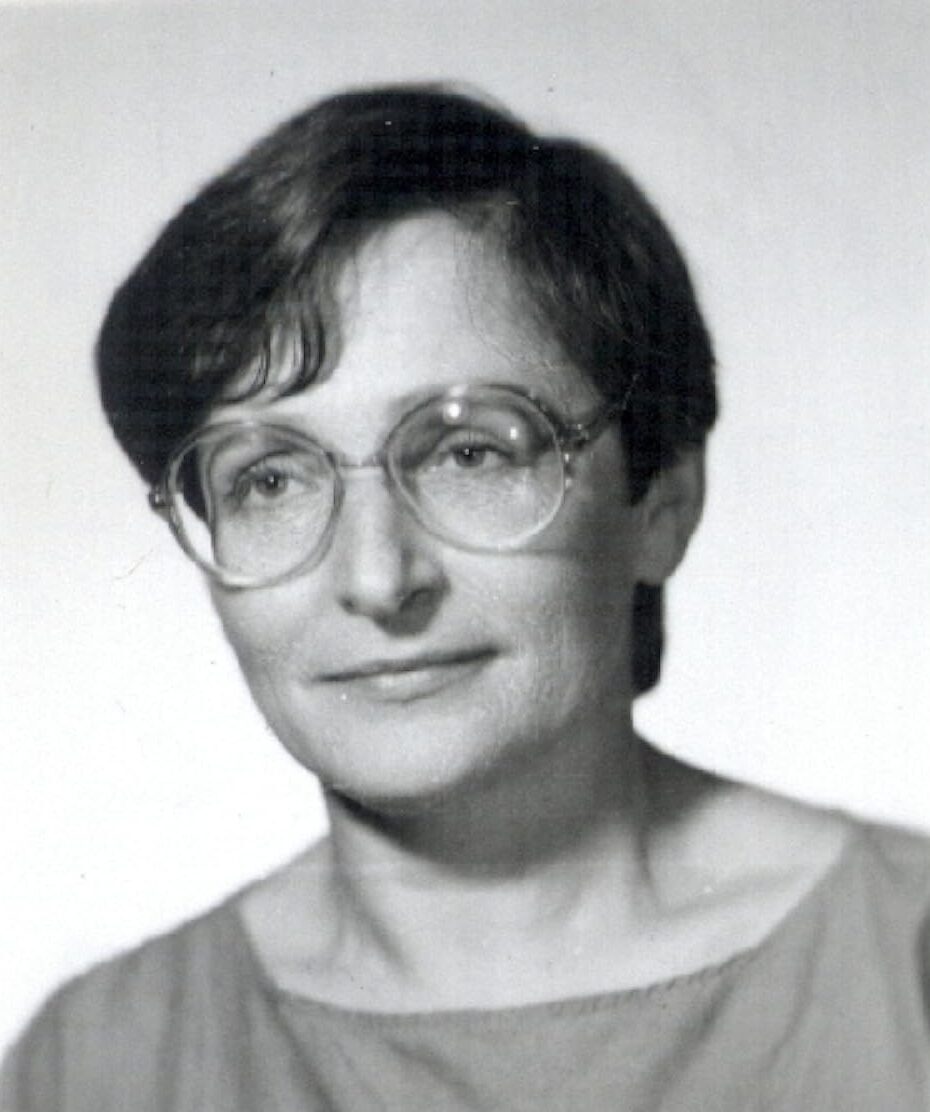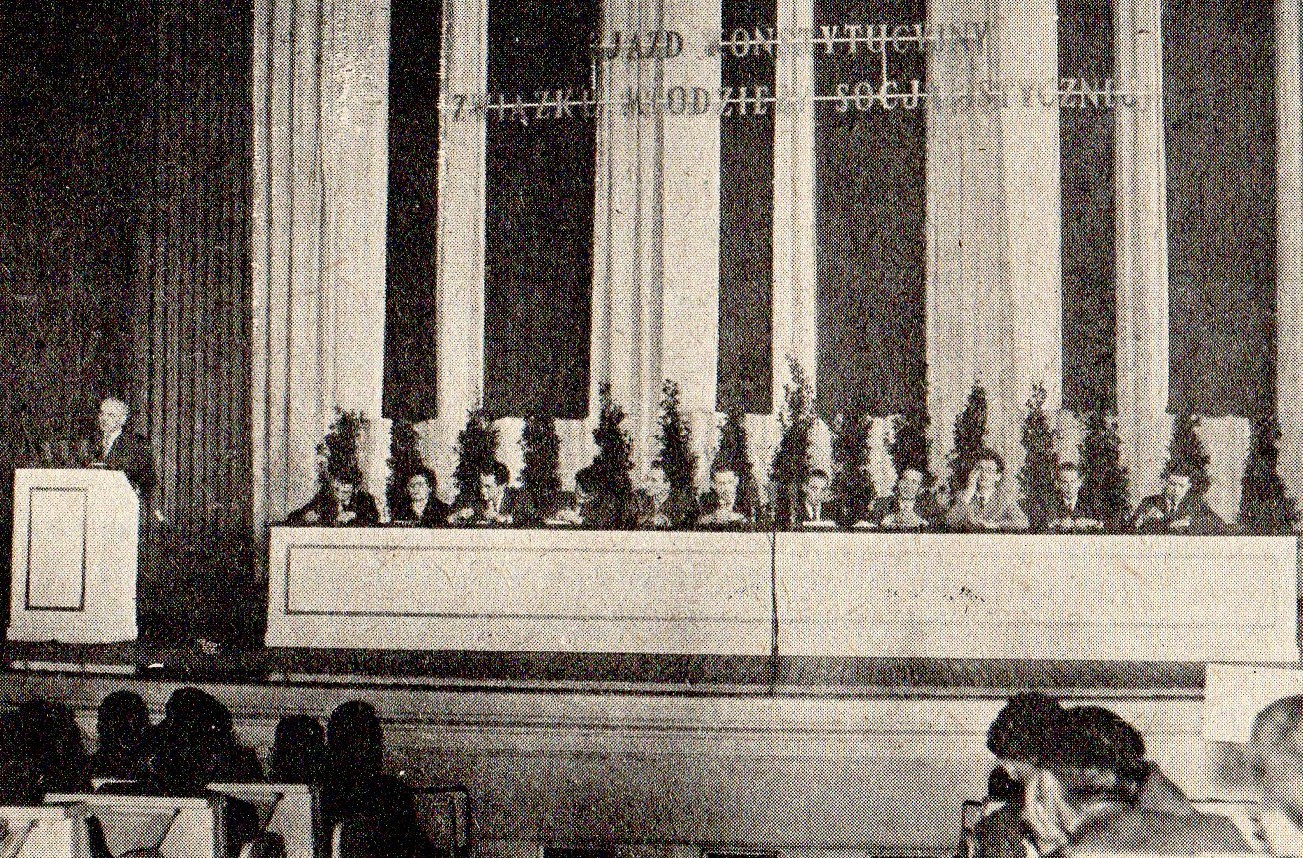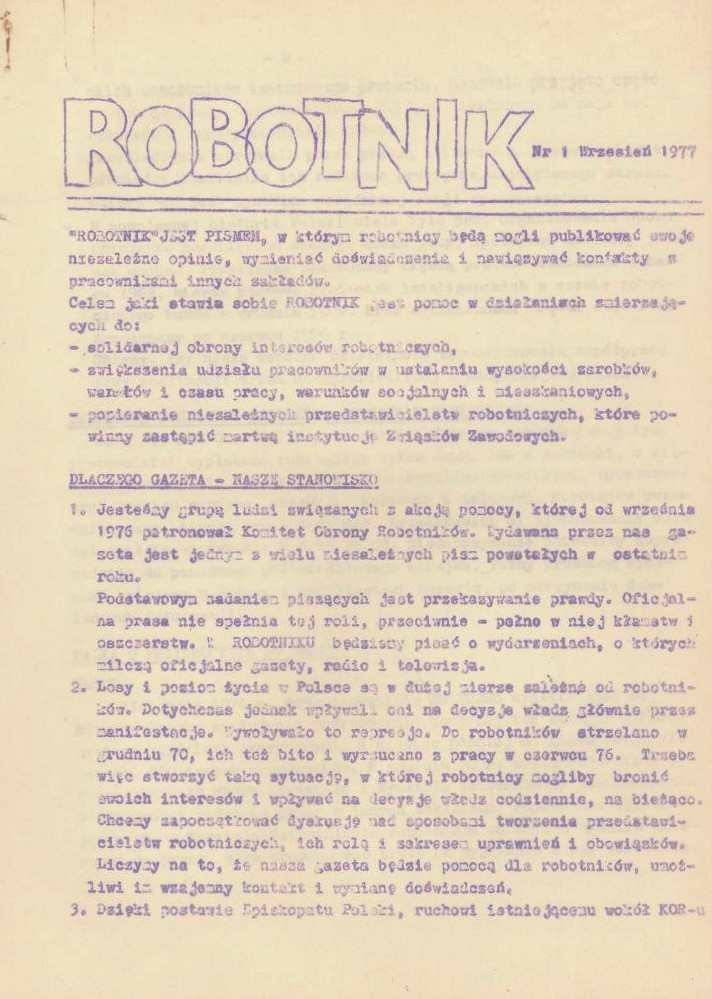A young socialist
Ludwika Wujec was born on 2 April 1941 in Lviv (present-day Ukraine) to the Jewish family of Oskar and Regina Okrents. Her life, while complicated and challenging, is at the same time a demonstration of determination and involvement in the processes of transition that mark the post-war history of Poland.
Ludwika graduated from the University of Warsaw with a degree in physics, and in 1972 she obtained a diploma from the University of Łódź. Her social activities had started already in the 1950s and 1960s, when she was a member of the Polish Students’ Association, the Socialist Youth Union, and the Polish United Workers’ Party. She explained that the reason for her initial fascination with socialism lied in her Jewish background and the traditions of social and political involvement prevailing in her family. After all, Ludwika did not describe herself as a religious person. She emphasized the need to adapt to the conditions prevailing in her catholic homeland, which meant, for example, hiding from older members of her family the fact that she worked on the Sabbath day.
After graduating from the university, she started to work as a mathematics and physics teacher at a primary school, and during 1973–1977 she was the deputy headmaster of her institution. She was removed from that position as part of the repressions for the opposition activities of her husband, Henryk Wujec, who was on hunger strike in the Church of Saint Martin in Warsaw during the protests against the arrest of workers striking in Ursus and Radom in 1976 and of collaborators of the Workers’ Defence Committee (KOR) established to defend them. Her involvement in education and learning simultaneously became a battleground in the fight for teacher autonomy in the face of increasingly stronger control of the communist authorities.




